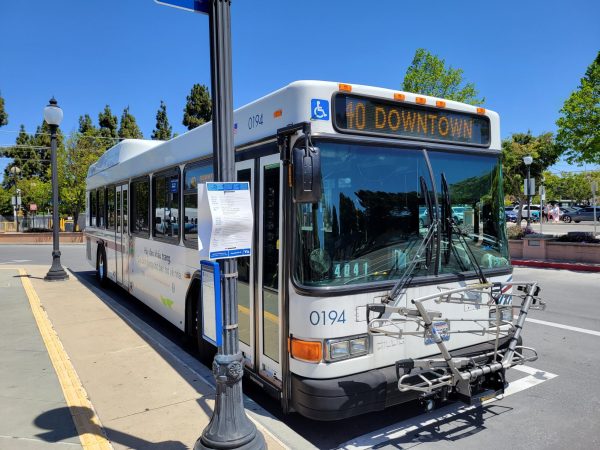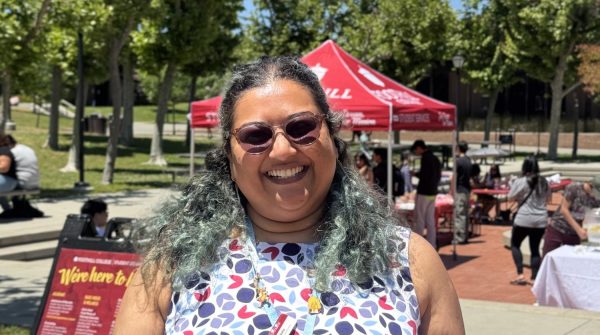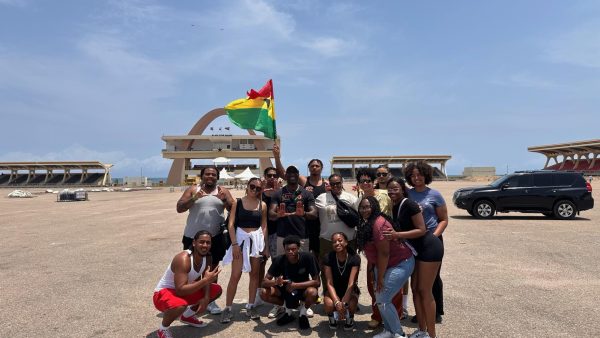Victim’s Rights in the Criminal Justice System
Why It Affects You

America’s Criminal Justice System has become a national entertainment phenomenon in the last few decades consisting of true crime podcasts, TV shows, documentaries, and books. It’s the tension of wondering “did they do it?”.
It’s the thrill of freeing the innocent suspect in return for capturing the true criminal. The offender’s rights are strictly followed, debated, rehearsed, and presented in these stories.
Yet, changes have risen behind the scenes in the real legal world- tucked away from the glamor of true crime- that focuses on the establishment of victims’ rights in the criminal justice system. And as college students begin to enter the world, challenges are thrown to the youth left and right; taxes, jobs, real estate, and retirement funds. This critical area of law should be just as well known.
On November 4, 2008, citizens of California approved Proposition 9, the first litigation step towards enacting Marsy’s Law, which is the 17 enumerated rights addressed to victims and their families. It includes rights such as the right to be notified and attend proceedings. This is also extended to the right of the victim to be heard in the court process like the plea, sentencing, parole, and so on. Victims are also given the right to receive restitution from the offender for things like property damage, hospital bills, counseling expenses, etc.
With these rights among many others, victims are represented by men and women known as victim advocates. One such person is Blanca Tapia, the Victim Services Unit Supervisor for San Mateo County’s DA Office. A San Jose State graduate with a master’s degree in psychology, she has held this position for 10 years.
Ms. Tapia had not always planned to enter the legal field, yet what she had always known for sure was that she wanted to help individuals who had undergone trauma. Before her occupation in the DA’s Office, she volunteered for the YWCA Rape Crisis Center in San Jose as a 24-hour hotline responder. “That volunteer experience gave me some good hands-on experience of what it is like to work in a field like this”, Tapia explained.“And I really thought it was important, meaningful work.”
Blanca Tapia’s responsibilities in this specific role are two-fold; a victim’s advocate and a supervisor of the unit. As an advocate, she is tasked with informing victims of violent crimes about their rights. This entails that she and other victim advocates hand them a physical copy of Marsy’s Law to read through, walk them through the process of the judicial system, and attend hearings and sentencings alongside them.
Her second role as a supervisor also incorporates other duties, such as assigning caseloads to her employees, training victim advocates, and speaking to other DA offices in collaboration for certain cases. Another facet of her position is supporting the 18 employees she supervises, who have a draining job due to the daily exposure to violent crime.
Another important aspect is aiding the individual in writing their victim impact statement to the California Victim Compensation Board which helps,“ get them [the victim] some financial assistance for very specific crime-related expenses” Tapia describes. She highlighted that this program only pays for rigidly specific areas like counseling or medical expenses which leads her to address a problem with restitution; the formal process of the offender paying the victim back for the damage they caused. “The judge can order on a Saturday for you to pay this victim back $1,000. But if that offender is going to go to prison for the next five or ten years, he or she doesn’t have a job to pay the victim.” Tapia clarified that the “process has good intentions” but that many times the expectations of what should happen are not met.
One of the most intriguing things discussed was how, in the span of the Criminal Justice System, victims’ rights are relatively new. Tapia gave a prevalent example when working on a domestic violence case, where the victim wanted Ms. Tapia on the stand with her while testifying. Under Marsy’s Law, this is under the individual’s right, but it should be noted that the victim’s advocate is not allowed to talk or make any sort of expression. But the judge, not knowing why she was there with the victim, asked Tapia to step down from the witness stand. In the end, the judge was informed about this right under Marsy’s Law, and from that day forward “he would now make it a point to quote victim rights”, Tapia recalls. Generally, though, she said people in the legal field are, “a little bit more accepting of- you would think that is- Marsy’s Law. Everyone knows about it.”
But for victims and their families, this is not the case. Unfortunately, Tapia explained to me that the majority of the victims she comes across are not aware of their legal rights in the judicial process unless they have already been directly exposed to it. That is why victim advocates are incredibly important. It is not only the lack of knowledge about Marsy’s Law but also the trauma that follows the crime and as Tapia described, “But then you also get, most people, who are so traumatized about what has happened to them, that they can’t always follow through or say, ‘I want to exercise my rights’ ”.
Why are the majority of people not aware of their rights as victims? Tapia believes it to be a lack of presence in the media. Rarely is there representation of a victim actively advocating for their rights, but rather the focus is on the offender, with juicy bits about how and why they committed the crime and whether or not they will get away with it. This occurs with both true crime outlets and fictional portrayals of the justice system as well.
Tapia’s closing remark was for young people, especially college students, to be aware of their rights and stay safe. Explicitly with drinking and driving, she said, “You just never think it’s going to happen to you.” That is why it is critical that everyone, including the youth, are attentive to the functions and changes of the legal system; to stand firm in their rights. Knowledge is power and as citizens, we should be informed about the power we hold.
At Foothill College there are many resources for students to turn to in times of physical and mental distress such as Title IX Virtual Office to report sexual assault, abuse, or discrimination on campus. For mental health, counseling resources are abundant for free including virtual or on-campus drop-in appointments with the Psych Services Office in Building 5400. Online spaces are also a flexible way to receive the help you need, such as TimelyCare, open 24 hours with mental health professionals.






























































































